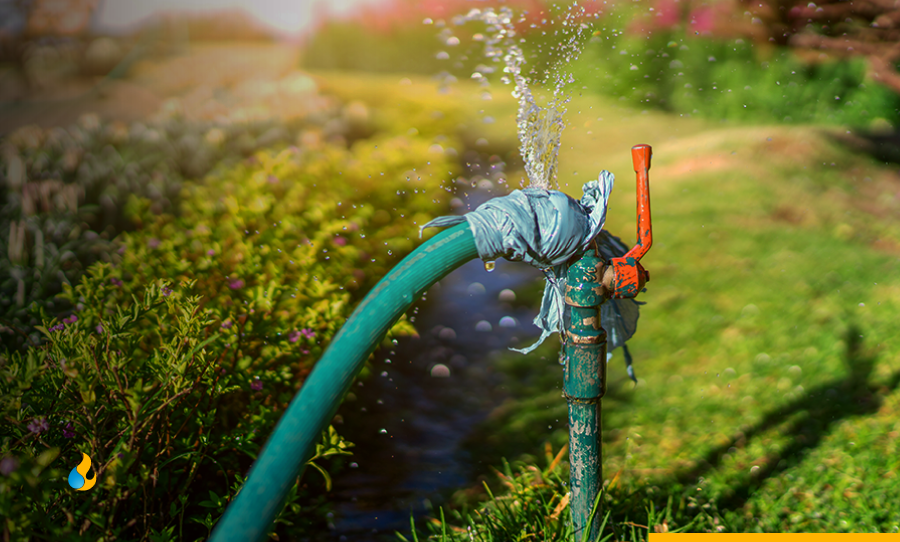Taking care of your drains is just like flossing your teeth – it feels great once it’s done, and the results are immediate. A neglected drain, however, has a very distinctive smell and can quickly become a breeding ground for bacteria in your sink and bathtub. Considering all the things that go down the drain in the kitchen, bathroom, and laundry, it’s easy to see how bacteria can spread if not maintained properly.
Blocked drains are a common problem, but with some proactive care, you can avoid these issues and keep your home smelling fresh and functioning well. Here’s how you can prevent blocked drains and what to do if you need to unblock them.
Prevention: The Best Cure for Blocked Drains
Your drains work hard to remove wastewater and debris, but they can only handle so much. The number one rule to prevent drain blockages is to be mindful of what goes down the drain. Here’s how you can help protect your kitchen, bathroom, and laundry drains from clogs:In the Kitchen:
- Use a drain strainer to catch food scraps before they enter the sink.
- Dispose of grease, fats, and oils properly—never pour them down the drain.
- Start a compost bin for food waste, which reduces the amount of debris in your sink.
- Rinse dishes thoroughly before placing them in the dishwasher.
- Keep a bin handy for food scraps and waste.
In the Bathroom:
- Only flush human waste and toilet paper—avoid flushing sanitary items, dental floss, or ‘flushable’ wipes.
- Use a drain cover in your shower or bathtub to catch hair before it washes down the drain.
- Have a small bin next to the toilet for cosmetic waste and other items.
In the Laundry:
- Check pockets for tissues and other items before washing clothes.
- Empty the lint trap in your dryer regularly and dispose of the lint in a bin.
DIY Drain Cleaning Kit
To maintain clean drains, it’s useful to have a drain cleaning kit at home. Here’s what you’ll need:- Plunger
- Bi-carb soda (baking soda)
- White vinegar
- Gloves
- Bucket
How to Cure a Blocked Drain
When a drain becomes slow or blocked, addressing the issue early can save you from bigger headaches down the line. Here are a few steps to help clear slow-moving drains:Steps to Improve Drain Flow:
- Pour ½ cup of bi-carb soda down the drain.
- Follow with 1 cup of white vinegar.
- The combination will create a fizzing reaction that helps break down debris.
- Once the fizzing stops, flush the drain with hot tap water.
How to Unblock a Drain:
- Use a plunger to dislodge any blockages.
- Follow up with the bi-carb soda and vinegar method outlined above.
- Finish with a flush of hot water.
Deodorising Your Drains
Blocked or slow drains often come with unpleasant smells. To freshen up your drains:- Use the bi-carb soda and vinegar method to clean and deodorise.
- Follow with hot water mixed with a few drops of your favourite essential oil for a pleasant aroma.
When to Call a Professional Plumber
If your DIY efforts haven’t resolved the blockage, it’s possible that you have a more serious issue, like a fatty buildup or a foreign object obstructing the drain. In some cases, tree roots can even invade underground pipes, requiring the use of a drain auger. For larger plumbing issues, it’s best to seek help from a local professional. Flowtec Plumbing and Gas offers expert drain cleaning services and can handle even the toughest blockages. If you need assistance, check out our guide to finding a local plumber in Adelaide for tips on hiring the right professional. Stay ahead of drain issues with these preventive tips and easy solutions. Need help with a stubborn drain? Contact Flowtec Plumbing and Gas, your trusted Adelaide plumber, for all your drain cleaning and plumbing needs!



